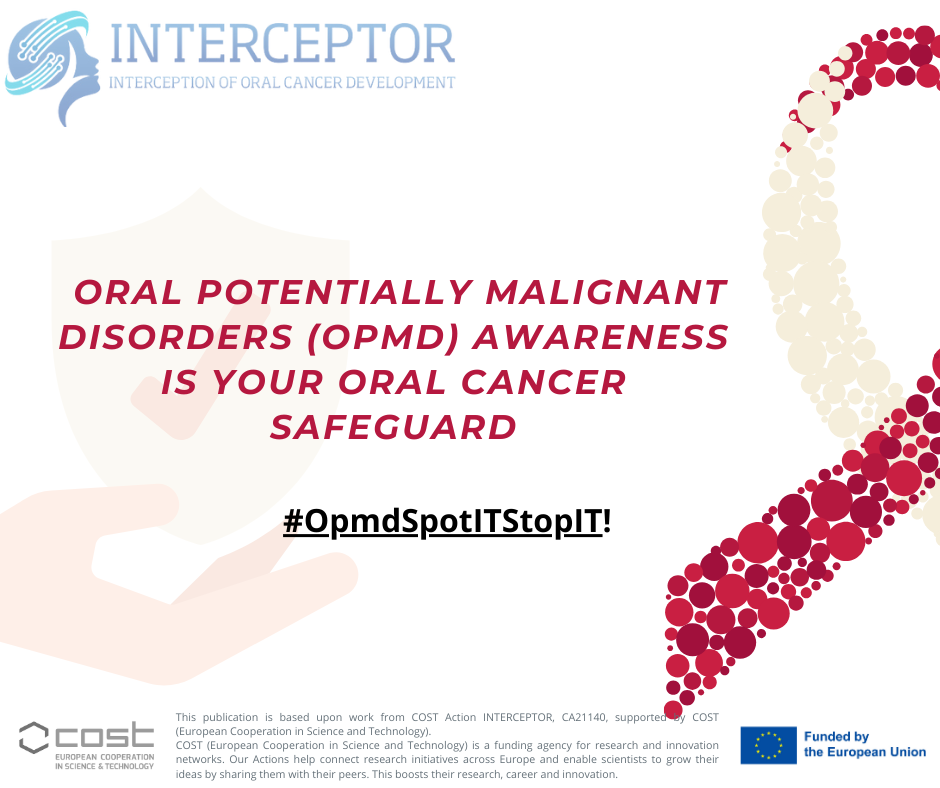ORAL CANCER AWARENESS MONTH - APRIL 2024
According with the Global Burden of Disease 2019 (http://ghdx.healthdata.org/gbd-results-tool), cancer claimed 10 million lives globally, with lip and oral cavity cancer contributing to around 200,000 deaths.
Individuals who survive lip and oral cavity cancer often experience profound reductions in quality of life, underscoring the necessity for a comprehensive assessment of the global and European Union (EU) burden to inform policy planning.
At the global level, the global age-standardized incidence rate (ASIR) of oral cancer increased slightly from 4.28/100,000 to 4.52/100,000 from 1990 to 2019. At EU, from the same period, there was an impressive decrease on the incidence of oral cancer in France, Slovakia, Hungary, and Spain. Notably, a higher prevalence of this cancer is observed among men compared to women, both globally and within the EU. Established risk factors include tobacco use, alcohol consumption, betel quid consumption, and Human Papilloma Virus (HPV) infection, with tobacco being globally significant and alcohol notable in the EU.
The most recent data released by the European Cancer Information System, lip and oral cavity cancer currently present an incidence rate of 8.2 and a mortality rate of 2.9 among the UE27 countries. The long-term incidence and mortality are likely to increase by 17.21% and nearly 22%, respectively by 2040 (https://ecis.jrc.ec.europa.eu/ ).
The recent data released by the National Cancer Institute it was shown that HPV-associated oral cancers present one of the highest incidences increases - with 2%-3% annually - similarly to those seen for prostate, liver (female), kidney and melanoma ( https://doi.org/10.3322/caac.21820 ).
The early detection of oral cancer led to reduced aggressive treatment and improved quality of life and overall survival. An organized, population-based oral cancer screening program targeting high-risk groups can reduce mortality in patients with stage III or IV oral cancers.
With INTERCEPTOR, we aim to shift this trend by enhancing awareness of Oral Potentially Malignant Disorders (OPMD).
OPMD AWARENESS IS YOUR ORAL CANCER SAFEGUARD

#OpmdSpotITStopIT !
| Attachment | Size |
|---|---|
| 243.62 KB |



